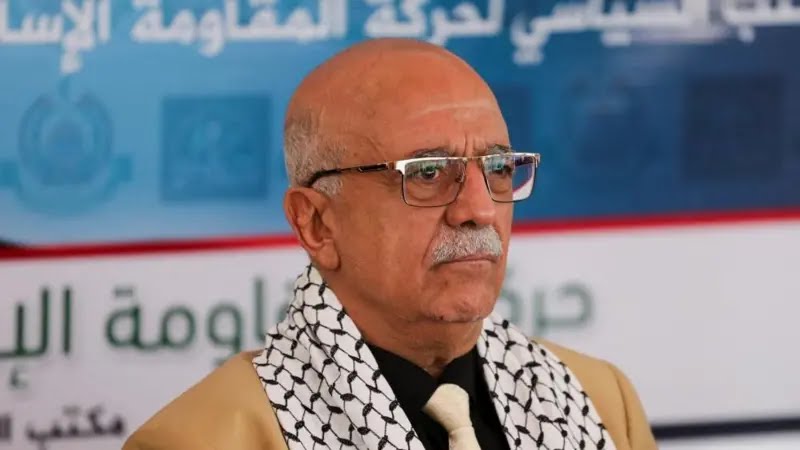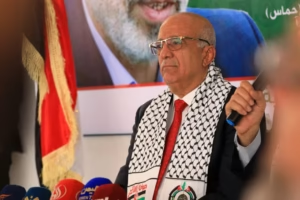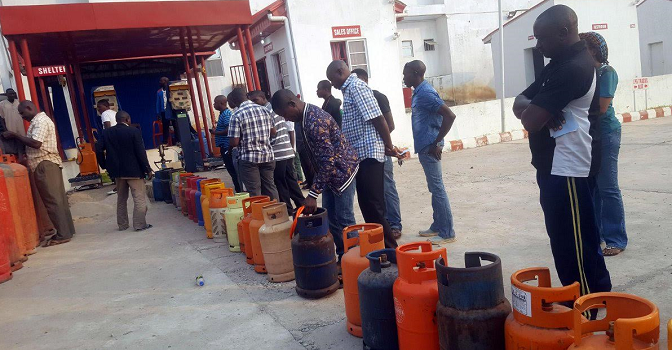
Houthis Confirm Their Prime Minister Killed in Israeli Strike
- Foreign News
- 30.08.2025
- No Comment
- 79
Houthis Confirm Their Prime Minister Killed in Israeli Strike
in an Israeli airstrike. This announcement has sent shockwaves across the Middle East, deepening
an already fragile regional security environment. The incident represents one of the most
high-profile assassinations involving the Houthis, who have been a central player in Yemen’s
decade-long conflict.

The confirmation came through a statement broadcast on Houthi-controlled media outlets, accusing
Israel of deliberately targeting their leadership in a move the group described as an act of
“aggression and terrorism.” While details remain scarce, the killing marks a significant
escalation in the broader Middle Eastern geopolitical struggle.
socio-political and religious group based in northern Yemen. Over the years, they grew into a
formidable force challenging the Yemeni government and Saudi-led coalition forces.
Since 2014, the Houthis have controlled Yemen’s capital, Sanaa, establishing a parallel
government structure that includes ministers, military officials, and political leaders.
Their Prime Minister, now confirmed dead, played a critical role in administrative leadership,
political negotiations, and strategic alliances.
The Houthis are widely recognized for their close ties with Iran, which has provided
financial and military support. This alliance has fueled accusations from Israel, Saudi Arabia,
and the United States that the group serves as a proxy in Iran’s broader regional power play.
traveling in northern Yemen. Eyewitnesses reported multiple explosions late at night,
followed by intense gunfire and panic in the area.
The Houthis confirmed that their Prime Minister was among those killed, along with several
senior aides and security personnel. Although Israel has not officially commented on the
incident, regional analysts suggest that the strike may have been part of a larger campaign
to weaken Iran’s network of allies in the Middle East.
If verified, this would mark one of the boldest Israeli operations in Yemen, a territory
far from Israel’s traditional sphere of operations but increasingly relevant due to
Red Sea security concerns.
claimed responsibility for missile and drone attacks against Israeli-linked shipping
in the Red Sea and Gulf of Aden. These attacks disrupted global trade routes and heightened
maritime insecurity.

By eliminating the Prime Minister, Israel may be sending a strong message to the Houthis
and, by extension, Iran. The strike demonstrates Israel’s willingness to expand its
military reach beyond Lebanon, Syria, and Gaza regions where it has frequently
confronted Iran-backed groups.
Analysts believe that this move aims to disrupt the Houthis’ chain of command and
create internal divisions within their leadership structure.
- Iran: Condemned the attack, labeling it a “cowardly assassination” and vowing that Israel will face consequences.
- Saudi Arabia: Maintained cautious silence, though insiders believe Riyadh sees the strike as beneficial to its long struggle against the Houthis.
- United States: Urged restraint, warning that the escalation could destabilize international shipping lanes.
- United Nations: Expressed concern over the potential collapse of fragile peace talks in Yemen.
Within Yemen, supporters of the Houthis staged protests in Sanaa and other cities,
chanting anti-Israel slogans and calling for retaliation.
in the group’s political and administrative structure. While the Houthis have
historically demonstrated resilience, the loss of such a senior leader could
weaken their internal cohesion.
Some experts predict that this event may fuel a power struggle within the movement,
as different factions compete to fill the leadership vacuum. Others argue that
it may galvanize the Houthis into intensifying their military activities in Yemen
and beyond.
Related Stories:
UI Releases 2025/2026 Post-UTME Results as over 14,000 Candidates Compete for 4000 Admission Slots
Naira Continues Appreciation Against Dollar Across Official and Black Markets At N1,541/$1
Aisha Yesufu Challenges Deji Adeyanju Over Claims Against Peter Obi
one of the world’s busiest shipping routes, has already been under threat from
Houthi drone and missile attacks. This escalation could prompt further instability,
putting oil tankers and cargo vessels at risk.
International stakeholders, particularly the United States and European Union,
are closely monitoring the situation. There are concerns that continued strikes
and reprisals could disrupt global trade, spike oil prices, and complicate
international diplomacy in the region.
interests across the Middle East and Red Sea will be targeted. This could
mean an intensification of missile and drone attacks on Israeli-linked
vessels, as well as potential strikes on allied Gulf states.

Given their history of asymmetric warfare, the Houthis are unlikely to
engage Israel directly on land. Instead, they may rely on long-range
weapons and covert operations to demonstrate their ability to strike back.
and Iran. Israel has consistently targeted Iranian proxies in Syria,
Lebanon, and Gaza. By extending operations into Yemen, Israel signals
that no Iranian ally is beyond reach.
For Iran, the death of the Houthi Prime Minister represents a significant
setback, as the Houthis serve as a strategic foothold on the Red Sea.
Tehran may respond by increasing military and financial aid to the group,
ensuring that they remain a formidable force despite leadership losses.







